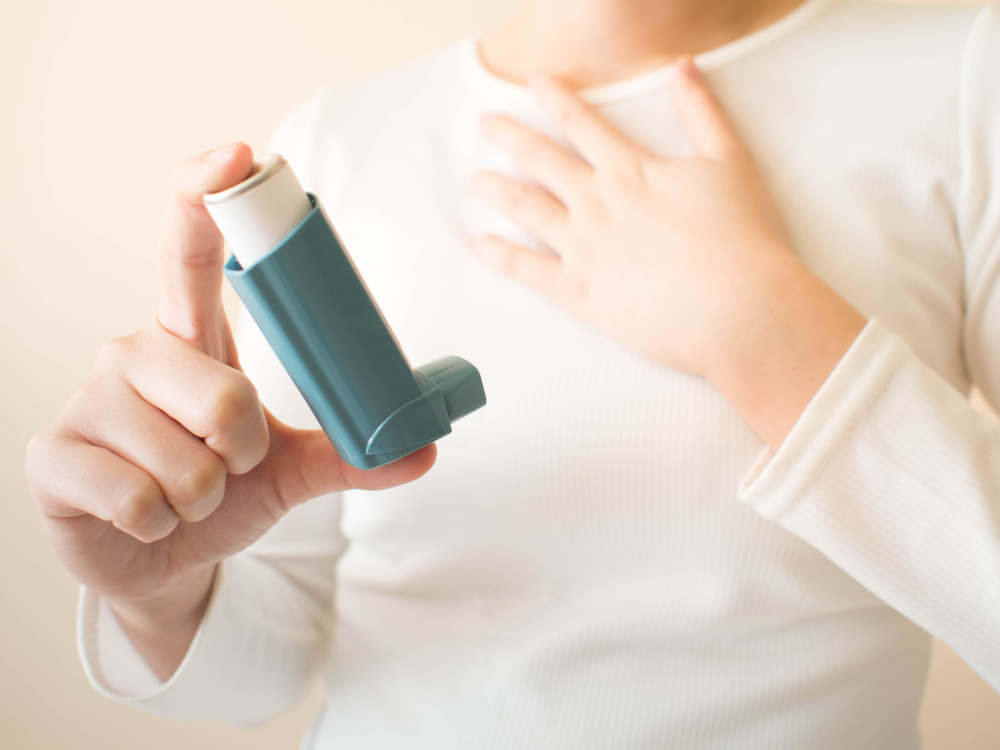Contents:
- Medical Video: Oral Cancer Patients Have a Lot to Swallow
- What are the causes of oral cancer?
- Are there certain foods that can cause oral cancer?
- All-baked foods are fried and fried to increase the risk of oral cancer
- Your eating habits change your metabolism
- What should be eaten to prevent oral cancer?
Medical Video: Oral Cancer Patients Have a Lot to Swallow
Cancer can grow anywhere, including in the mouth. Nearly 75% of cases of oral cancer in the world occur in developing countries. Everyone can get cancer if they have risk factors. Then, is it true that the food we eat everyday can also cause cancer?
What are the causes of oral cancer?
The cause of growth of cancer cells in the mouth until now cannot be ascertained.
Cancer cells generally begin to appear and develop in squamous cells (thin and moist skin cells) that line the inner lips and cheeks in the mouth. Cancer cells that grow in this location are called squamous carcinoma cells. Cancer cell growth is generally caused by mutations in DNA in cells, which can be triggered by:
- Excessive exposure to UV light on the lips.
- Experience oral HPV infection.
- GERD.
- Exposure to certain chemicals such as asbestos, sulfuric acid, and formalin in the face area.
- Cigarettes
- Alcoholic and alcoholic beverages.
Smokers and alcoholic drinkers are reported to have a two-fold risk of oral cancer.
Even so, the appearance of cancer is usually influenced by many factors, both environmental factors, lifestyle, to offspring.
Are there certain foods that can cause oral cancer?
As described earlier, the appearance of cancer can be influenced by a combination of environmental, lifestyle, and hereditary risk factors. Food is included in environmental factors that can cause cancer.
Eating too much red meat, processed meat (sausages, smoked meat, chicken nuggets, etc.), and fried foods is believed to increase your risk of oral cancer. However, this does not mean that every food you eat automatically causes cancer.
All-baked foods are fried and fried to increase the risk of oral cancer
It is the process of making food that is generally the mastermind behind the increased risk of oral cancer from food. Processed meat, for example, is made with the help of certain chemicals as preservatives so that the shelf life is longer. These preservatives can trigger the formation of carcinogens such as N-nitroso-compound (NOC) and polycyclic aromatic hydrocarbons (PAH) which can cause DNA mutations in body cells.
Cook meat in high heat, like burning or deep frying (frying in lots of oil), can also convert proteins in meat into carcinogenic PAH compounds and heterocyclic amines (HCA).
PAH compounds are formed when meat fat, chicken, or fish drip into hot coals and cause smoke which then settles in food. Meanwhile, HCA is formed when amino acids contained in protein, sugar, and creatine in the meat react to high temperatures. Meat contains high amino acids. So, the more HCA compounds that can form if burning meat in high temperatures.
The same is true for all fried foods. High heat produced from boiling oil can produce saturated fat which then triggers the activation of carcinogenic compounds in foods that were previously healthy.
Your eating habits change your metabolism
Regardless of what you eat, a bad diet that is high in calories, fat, and sugar can increase a person's risk of oral cancer. Poor diet is a major risk factor for excess weight gain.
Overweight and obesity can change the way the body's metabolism works by producing more estrogen and insulin. The advantages of these two hormones in the body will trigger cancer growth.
That's why overweight people will be at higher risk of developing cancer, including oral cancer.
What should be eaten to prevent oral cancer?
Basically, a healthy diet that increases eating fresh vegetables and fruits is best for preventing oral cancer. Reduce all fried foods, high-sugar foods, and processed products such as sausages, corned beef, smoked meat, canned food, and other packaged foods such as sauces or creams.
If you want to eat whole meat, choose portions that are nonfat and eat small portions. Cook with little or no oil. For example by boiling, steaming, or baking.
If you want to eat fish, choose healthy fatty fish like tuna, salmon, sardines and mackerel. These fish are high in omega-3 fatty acids to help reduce inflammation in the body, which can trigger cancer.
Don't forget to always read food labels to know the amount of nutrient intake and how many calories it contains.














